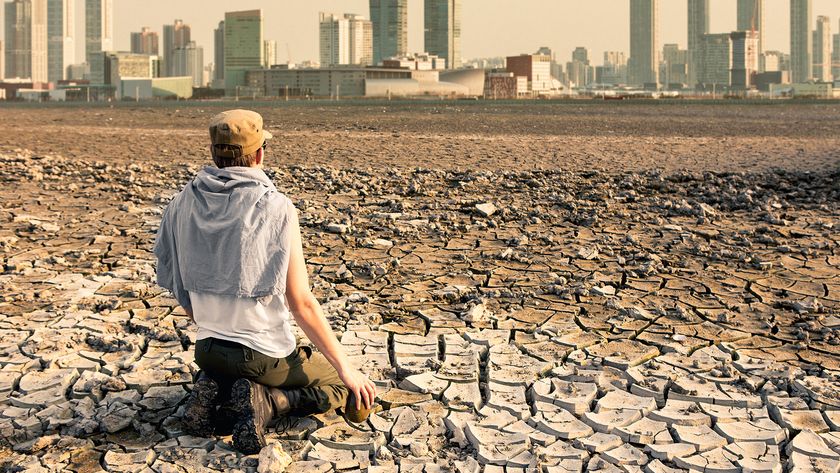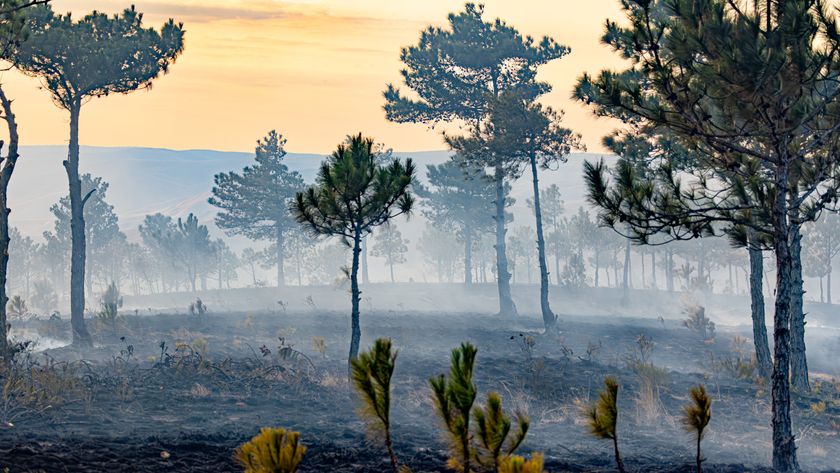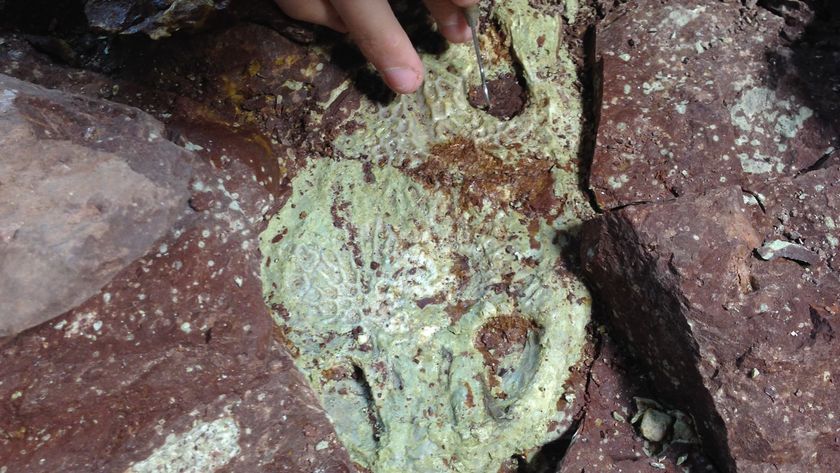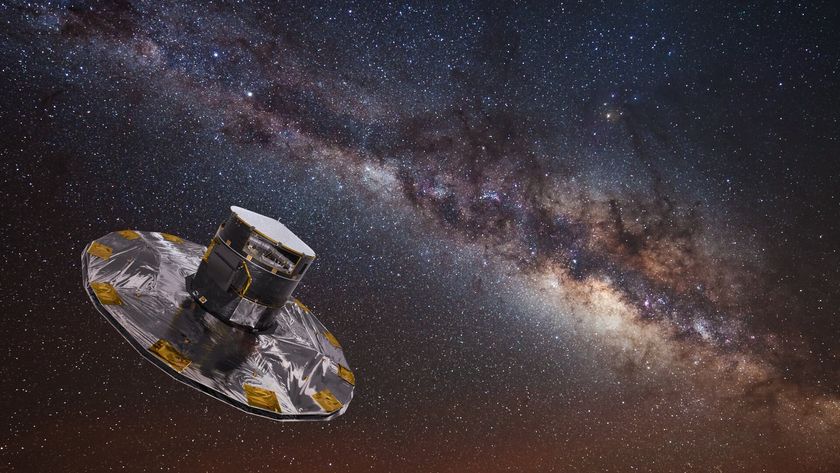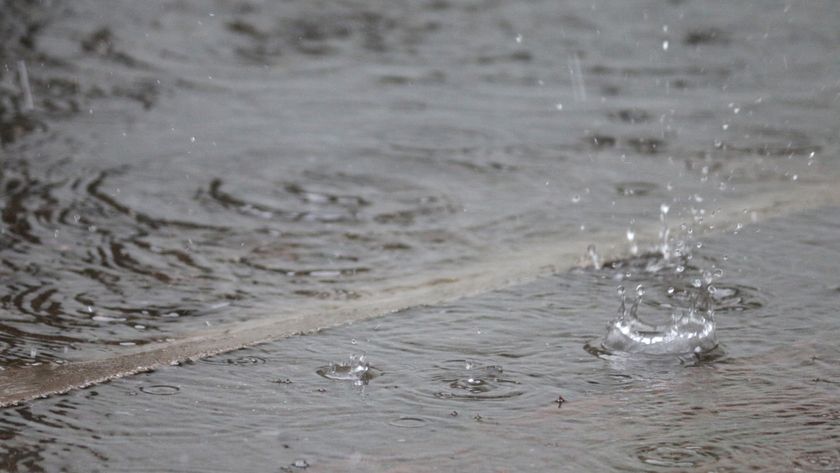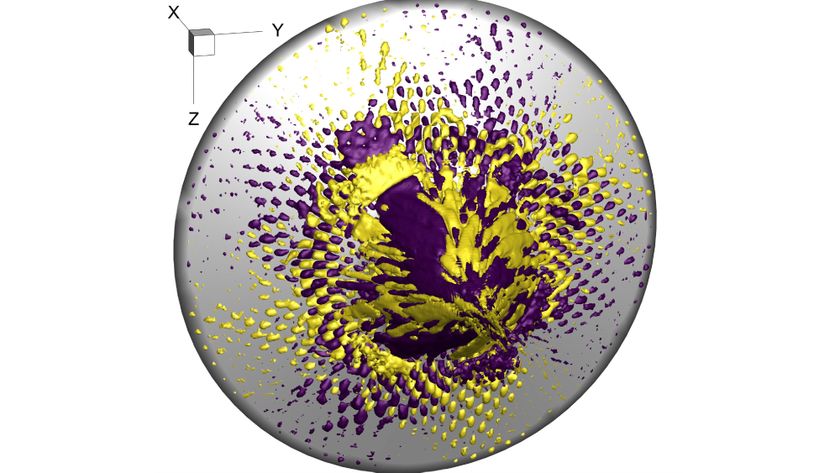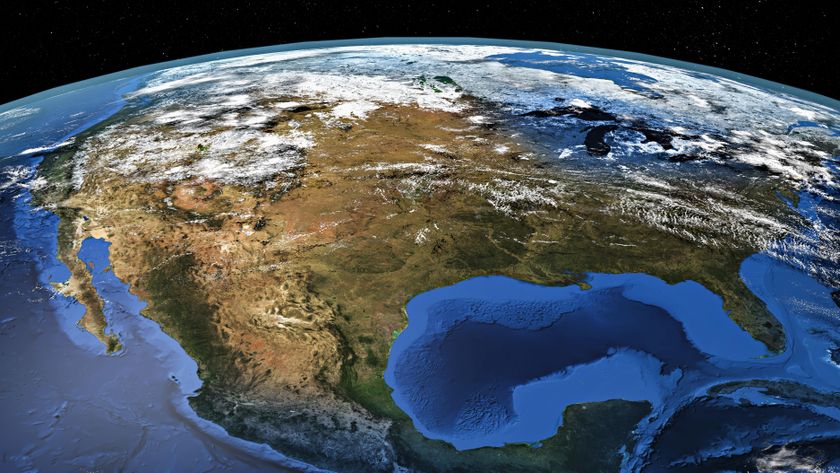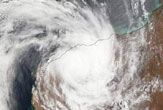
Scientists have found new evidence for a link between global warming and stronger Atlantic hurricanes in old satellite data.
A common criticism of research purporting a connection between these two phenomena is that it relies on a hodge-podge of satellite data of different quality and collected with different techniques over several decades.
It is one of the prices scientists pay for constantly upgrading to the latest technology to conduct their work.
“To study climate requires going back in the historical record and that’s what introduces the problems,” said lead scientist James Kossin, a meteorologist at the University of Wisconsin-Madison. “At any given time, you can say they’re doing their best with the instruments they have, but technology changes and those instruments change.”
To address this side-effect of constant technology turnover, Kossin and his team “degraded” modern satellite data of every ocean basin from the National Climatic Data Center (NCDC) to 1983 standards. For example, current satellites have a spatial resolution of about 2.5 miles and can conduct a new scan every half hour or so. Satellites in 1983 had a spatial and temporal resolution of five miles and three hours, respectively.
"This new dataset is unlike anything that's been done before," Kossin said. "It's going to serve a purpose as being the only globally consistent dataset around. The caveat of course, is that it only goes back to 1983."
The researchers analyzed their new dataset for possible connections between warmer temperatures and hurricane activity. Their results agreed with recent studies that found an intimate link between rising sea surface temperatures (SSTs) and increased Atlantic hurricane activity. Recent studies suggest rising SSTs are associated with global warming.
Sign up for the Live Science daily newsletter now
Get the world’s most fascinating discoveries delivered straight to your inbox.
However, this link was only true for the Atlantic and the eastern Pacific Oceans. It was not observed in any of the other ocean basins.
”The trends appear to be inflated or spurious everywhere else, meaning that we still can’t make any global statements,” Kossin said.
It is unclear why the Atlantic Ocean appears to be more sensitive to climate change than other oceans.
“The average conditions in the Atlantic at any given time are just on the cusp of what it takes for a hurricane to form,” Kossin said. “So it might be that imposing only a small (man-made) change in conditions creates a much better chance of having a hurricane.”
The researchers are working on including data from even further back in the historical record, but Kossin says the limit will probably be 1971, when the first geostationary satellite for studying climate was launched.
“That data from the early 1970s is really hard to get,” Kossier told LiveScience. “Most of it is probably on degrading tapes and things like that. But [scientists] are working actively on that at NCDC.”
- All About Climate Change
- Global Warming Linked to Stronger Hurricanes
- Global Warming May Play Role in Hurricane Intensity
- Earth Will Survive Global Warming, But Will We?
- Natural Disasters: Top 10 U.S. Threats
- All About Hurricanes
